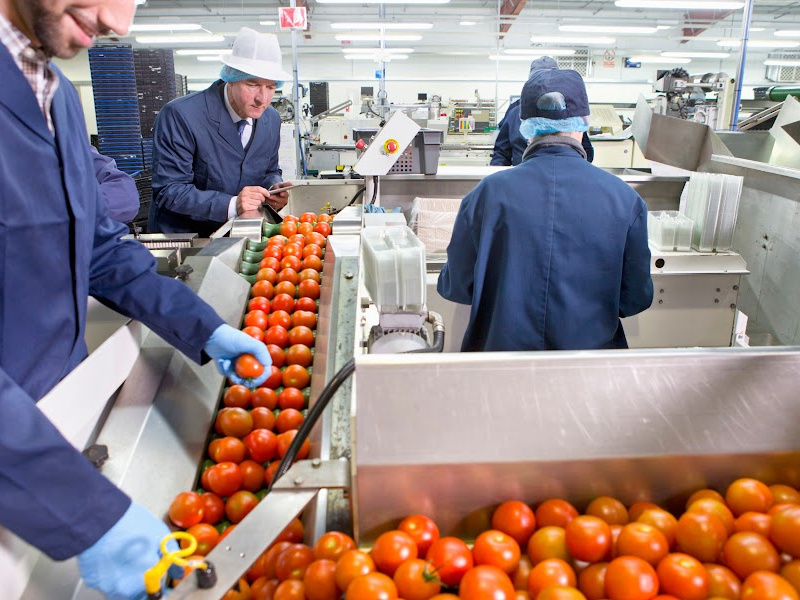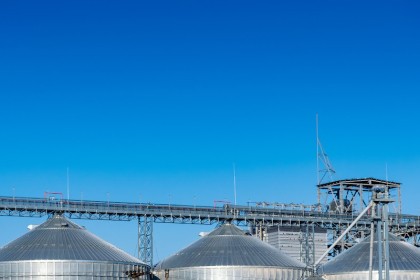
How Do You Test for Pesticide Residue?
The use of pesticides on crops has been a worrying yet necessary practice, especially when taking into account the sheer amount of people that need to be nourished around the globe. Though organic farming is a preferred source of fruits and vegetables, it is not the most practical when it comes to crop yield. Luckily we are not left without hope. There are lebas that test for pesticide residue to ensure that the food that we are consuming is safe and non-toxic.
You might be wondering “how do you test for pesticide residue’? In this article we will explain what residue testing is, how pesticide residue testing works, and provide you with information on where you can have pesticide residue testing performed in South Africa.
Pesticides are substances (chemical compounds) that are used to control weeds, insects, fungi, and algae that can be harmful to crops. Residue testing for pesticides is the scientific process that is utilised to test for residual pesticides in food and produce. It is done to provide farmers, distributors, and consumers with the peace of mind that the food they are consuming does not contain harmful pesticides. Produce such as fruits, vegetables, and grains are more susceptible to carry pesticide residue, however, it can be found in all food. If harmful pesticides are present in food and can have adverse health effects on humans and animals.
Regulations Surrounding Pesticide Use
In South Africa, the use of pesticides is regulated by the DAFF (Department of Agriculture, Forestry and Fisheries) as well as a few other governmental departments. The manufacturing, distribution, advertisement, sale, and use of pesticides are regulated to ensure the health and safety of crops and humans. These regulations are based on scientific data that has been gathered due to rigorous and thorough testing. Pesticides that raise any concern are regularly re-evaluated and tested to ensure that they do not pose a risk to humans and animals. If a previously approved pesticide is found to be damaging due to new research and discovery, the approval may be revoked. Pesticide regulation has been active in South Africa since 1952.
As regulations differ in every country, those that export produce must adhere to pesticide regulations of the country that they are exporting to.
The Process of Pesticide Residue Testing
Pesticide residue testing is performed by making use of chemical and microbiological analysis. There are typically two methods that are used when testing for pesticide residue. These two methods are known as Gas Chromatography - Mass Spectrometry and Liquid Chromatography - Mass Spectrometry. The process involved in testing for pesticide residue typically consists of:
- Once a sample has been collected, residues are extracted from that sample of produce.
- The removal of other components, known as the clean-up process.
- An analytical procedure is then performed to determine the type and amount of pesticides present in the sample.
Why You Should Use a Residue Testing Laboratory
The residue testing procedure is very complicated and requires a vast amount of knowledge and skill to perform correctly.THis is why testing must be done by a certified laboratory. Testing used to be performed at the Forensic Chemistry Laboratory, Pesticide Section in the Department of Health; however, the laboratory closed down some years ago. Therefore all testing must be outsourced to private pesticide testing laboratories.
What Can be Tested for at a Residue Testing Laboratory
At Hearshaw and Kinnes Analytical Laboratory both multi-residue screens and single-residue screens are available. They can also perform tests that provide target analysis for specific compounds if desired. A list of residues that they test for include:
- Glyphosate
- Rapid Ethephon
- Guazatine
- Dithiocarbamate
- Dithianon
- Phosphonic Acid + Fosethyl Al
- Chlorates + Perchlorates
- Alkaline Hydrolysis
- Chlormequat/Mepiquat
- Nicotine
- Dinocap
- Meptyl Dinocap
Hearshaw and Kinnes Analytical Laboratory is an accredited laboratory by ISO 17025:2017. Their team consists of highly skilled, trained, and knowledgeable experts that make use of cutting edge technology to provide their clients with accurate results.
Visit the AgrifoodSA directory to find out more about Hearshaw and Kinnes Analytical Laboratory and how they can help you ensure that your produce is free of harmful pesticide residues.












